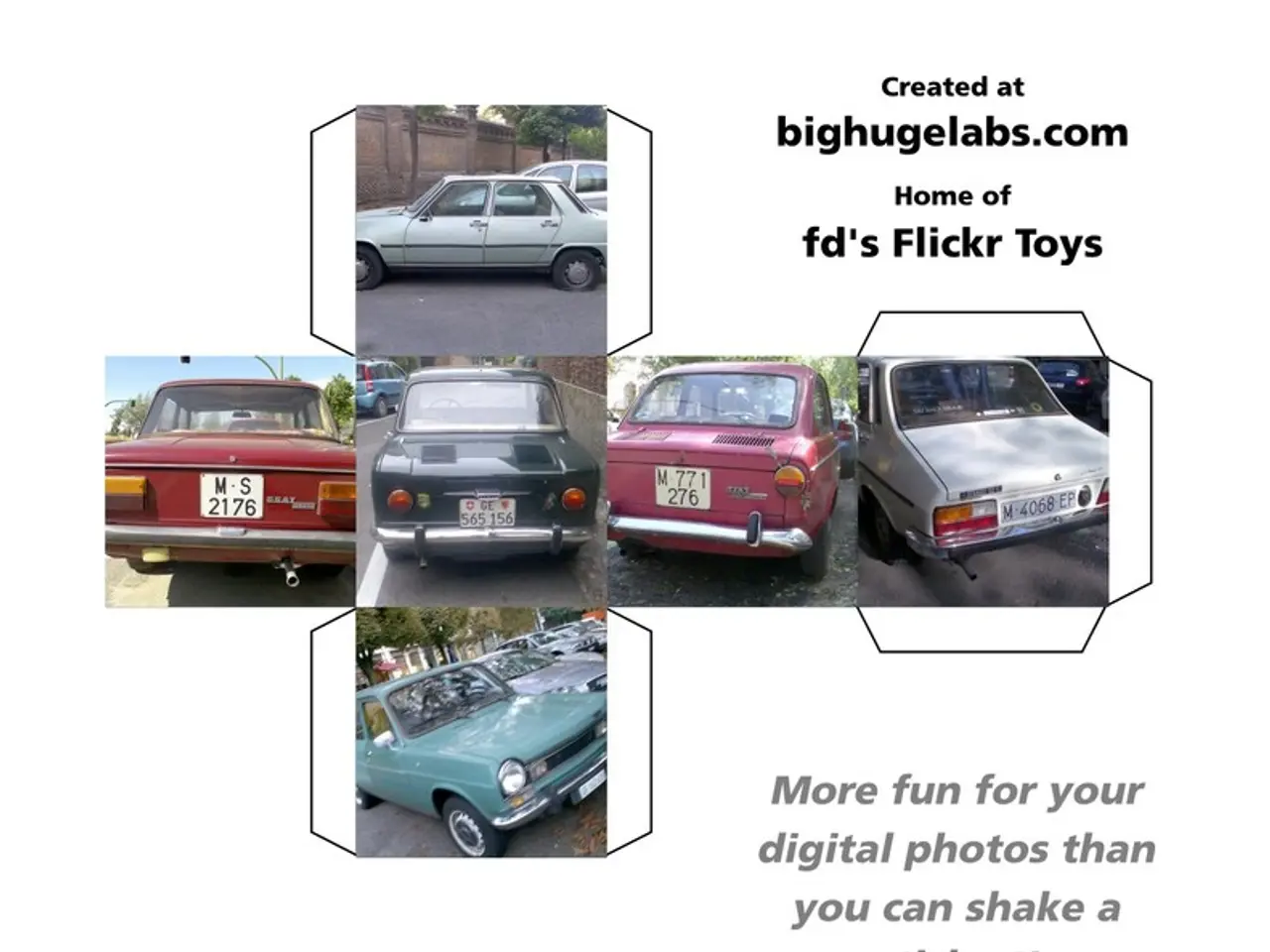Rivalry Intensifies as Car Manufacturers Adopt Electric Vehicles
The automotive industry is gearing up for a significant transformation as major Original Equipment Manufacturers (OEMs) are moving towards an electric vehicle (EV)-centric approach. This shift could potentially accelerate the industry's transition towards a greener, more electric future.
However, this increase in EV programs comes with its own set of challenges. The industry's aspirations for a sustainable future could be jeopardized if the program launch capacity is not expanded to meet the demand. Addressing operational challenges is crucial for both automakers and suppliers to meet their electrification goals successfully.
This increased number of programs could pose challenges for suppliers already operating at maximum capacity. The recent chip shortage has demonstrated the consequences of key component constraints on vehicle production, and this issue could recur if the supply chain is not adequately prepared for the surge in demand.
The focus of the $515 billion investments over the next 5 to 10 years is primarily on battery technology and production capacity. The aim is to ensure an adequate supply of electric vehicles to meet surging demand. The competitive landscape necessitates a heightened level of focus on new model development to address operational constraints effectively.
Experts warn that automakers might not have fully accounted for the broader impacts of the EV transition on the automotive supply chain. The new entrants in the EV sector, including Chinese manufacturers like BYD, Leapmotor, Xpeng, Zeekr, and MG, as well as Korean brands like Kia and Hyundai with their new electric models, are expanding aggressively in markets including Europe. These companies are showcasing innovations and competitive pricing, putting pressure on traditional automakers alongside Tesla.
Established automakers are also facing competition from new entrants in the EV arena, such as Lucid Motors, Rivian, and Fisker. The industry is becoming increasingly competitive, with companies vying to develop the most efficient, affordable, and innovative electric vehicles.
The automotive sector aims to significantly increase the total volume of automotive and parts programs between 2021 and 2025. One crucial aspect that has garnered attention is the need for automakers to develop new or updated Internal Combustion Engine (ICE) models alongside distinct EV models. This dual focus reflects the industry's commitment to a sustainable future while also addressing the ongoing demand for traditional vehicles.
In conclusion, the automotive industry is at a pivotal moment, with major OEMs shifting towards an EV-centric approach. While this transition presents challenges, it also offers opportunities for innovation, growth, and a greener future. The industry must navigate these challenges carefully to ensure a successful and sustainable transformation.
Read also:
- Transforming Digital Inventories in the Food Industry: A Comprehensive Guide for Food Businesses
- Rapid Construction of Rajasthan's 435 Megawatt Solar Power Plant in Eight Months Reduces Carbon Dioxide Emissions by Over 700,000 Tons
- At Atkins Ranch, the strategic use of regenerative farming methods is boosting sheep farmers' finances
- Plastic apparel shipments from the EU to Kenya reach 37 million units, revels fresh data report







